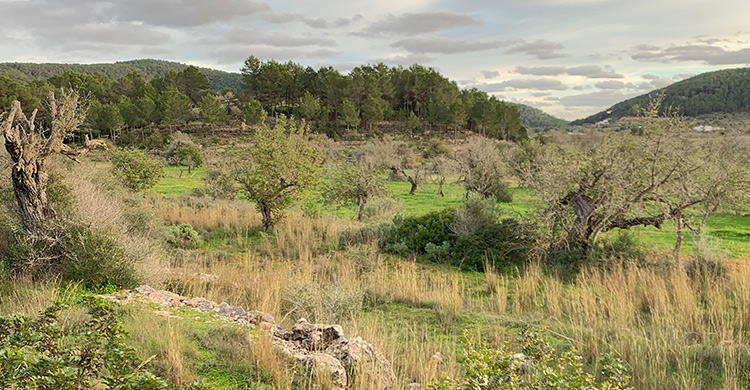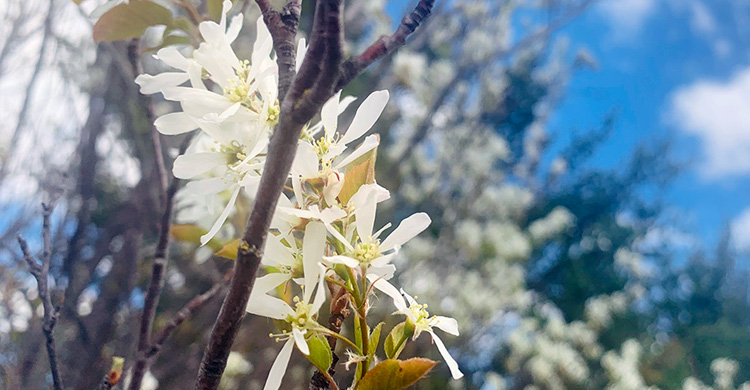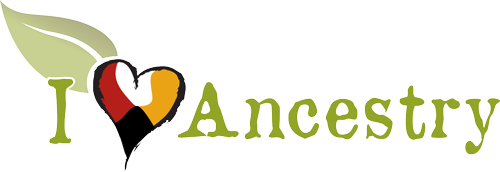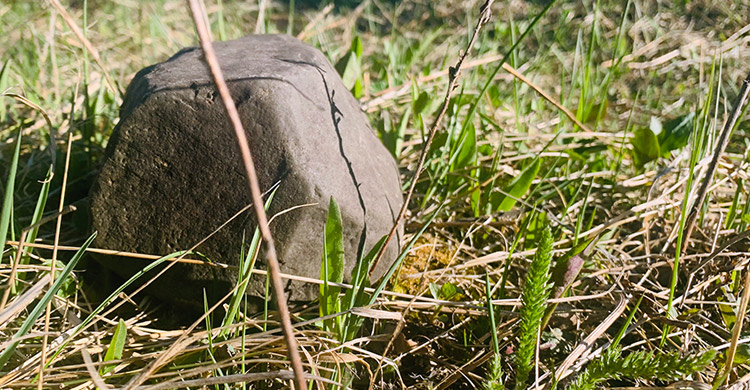Mother Earth Sanctuary nonprofit was founded with a vision to restore ecological health, address inequities, and advocate planetary stability.
We believe it is extremely liberating and empowering to the individual to grow food and interact with the planet. We strive to create a safe crucible for people to work through mental and emotional health issues while simultaneously providing sustenance for themselves, families, and communities.
We develop community partnerships with other organizations throughout the Great Lakes and other regions of the U.S. Already there is a demonstrated need for inter-regional collaborations.
Read also: Dennika Mays: Planetary Guardian; Social Engineer and Ecological Architect
Nonprofit Organization
Mother Earth Sanctuary (MES) was founded by Executive Director Michael Ruffenach May 9th, 2017. Michael collaborated with a few individuals in the area around the concept of Mother Earth Sanctuary. He recognized it was necessary to formalize this idea with a nonprofit structure, providing the organization access to resources necessary to mobilize large scale projects. With this founding, he identified mid to large scale project goals that include the development of sustainable labor forces designed specifically to maintain the local ecologies and food growing needs of entire regions.
“I posit Indigenous sovereignty as more than solely legal/social/culture justice issues- but as, ultimately, a matter of planetary stability.”
Dennika Mays [den-NEE-kah], the current Associate Director joined Mother Earth Sanctuary in 2018 to develop pilot projects for seed funding. As Associate Director, Dennika intentionally seeks to bolster/validate/support climate-sensitive measures rooted/grounded in Traditional Ecological Knowledge frameworks. Mays asserts that Indigenous worldviews/spiritualities are imbued with invaluable insights to uniquely understand and address global climate change. Mays positions Indigenous sovereignty as not solely legal/social justice issues- but, ultimately, a matter of planetary stability.
Empowering Communities
In this area of Greater Minnesota in particular, Michael Ruffenach quickly identified the need to develop the economic capacities of communities systematically excluded from participating in their local economies. He quickly recognized where systemic exclusion is compounded within individuals simultaneously dealing with the impacts of historical/colonial/intergenerational traumas.
Concerns for rural Minnesota: insufficient employment and economic structures
Even for those with jobs, there’s very little benefit trading hours for money. While there are examples around the world of companies, organizations, individuals, etc, reinventing this model or rejecting this entirely, many people are still confined to work conditions that are: 8 hours, 5 days a week or 12 hours, 4 days a week; 50 weeks out of 52 weeks a year. For the average worker, there’s not much variation within this current system.
While there are part-time jobs, they have the same criteria/demands/conditions for employment, and often excludes you from access to the capital you need to maintain comparable living conditions. Additionally, for people with chronic illness, pregnancy, families, felony convictions, or any other condition/circumstance that prevents you from working continuously, there are very few jobs.
Michael Ruffenach also observes how entire sectors would benefit from sustainable labor forces. He notes parallels in the need for collaboration across sectors: social/grassroots, educational, collectives grouped toward existential ideas (ex. religious and spiritual communities, etc.), cities, counties, municipalities, state and federal governments.

Photography by Adrien Heckstall
Implementation
Projects directly enhance local ecological health and are integrated with food growing activities (i.e. “food forests”). We mobilize collective (social and economic) capital toward the creation of sustainable economies. We believe that as more individuals are able to sustainably live, we expedite collective growth. There are no glass ceilings. We stay informed about the complexities of systemic/historical economic exclusion and are adamant about addressing the impacts of these effects within communities across entire regions.
While the locales may be different, the idea is the same: integrate food growing activities with local ecological restoration efforts. Because creating/increasing/ maintaining biodiversity is rather dynamic, therein lies the inherent potential for exponential growth. As we strive collectively toward social equity, we tie economic movement to ecological growth. In this model, people can be in business for themselves, but not by themselves.
Ecological support
Dennika Mays maintains ecological diversity at MES locations, providing direct pollinator support for the 6-7 different butterfly species (including Monarchs) and 7+ species of flying pollinators (bee, wasp, yellow jacket, hornet, etc.). Summer and Fall 2019, Mays acquired a variety of heritage corn, squash, and bean seeds; many of which haven’t been widely grown in the region for a number of generations. Spring, 2020, Mays is resupplying the area with a Three Sisters heritage stock: heirloom corn, squash that was grown in rural Minnesota 3-4 generations ago, and beans grown mostly in the early 1990s.
Seasonally dependent activities
Spring:
Ground prep for planting, cool weather crops, local climate observations, canopy and understory health documentation, animal/insect observations, pollinator observations, compost prep, native plant propagation activities.
Summer:
Food growth, composting and compost distribution, pollinator support.
Fall:
Harvest, seed saving for community distribution, composting and compost distribution, winter soil prep, community feasting.
Winter:
Data compilation/analyzation, expand telecommunication networks, curricula development, research, and sustainable land management strategy development.
Research
Mays also builds a permanent knowledge center at Mother Earth Sanctuary, wherein community members can access relevant climate science data and other resources to inform sustainable project development. The permanent knowledge center is designed to prioritize the use of Indigenous-sensitive climate science data/information, centralizing resources/expertise grounded in Traditional Ecological Knowledge. Such frameworks optimize capacities to effectively address local-to-regional challenges in food/water security and energy independence.

Network development
Dennika Mays builds inter-regional networks, expanding Mother Earth Sanctuary capacities to assist collectives long-distance. Already there are infrastructures to integrate locally grown foods into local economies, and collaborative MES projects are designed to complement/expand these enterprises toward regional economic growth that is ecologically viable/sustained. There are already inter-regional collaborations underway, and a growing interest for collaboration across international borders.
I Love Ancestry Partnership
Read also: Introduction to Pandemic Awareness Narrative Stream: COVID-19
I Love Ancestry in partnership with Mother Earth Sanctuary is excited to launch a digital information awareness campaign: (1) highlighting the role of Indigenous responses to COVID19, (2) discussing efficient state and country models for pandemic response, (3) emphasizing the importance of community health protocols, and (4) showcasing individual/communal responsibilities to collective health. In the wake of COVID19 global pandemic, Mays advocates institutional transparency and works to make constructive information available to especially vulnerable communities.
We each maintain our collective health together.
Check out Mother Earth Sanctuary’s Linkedin profile
SOURCE: Dennika Mays, Associate Director, Mother Earth Sanctuary located in Minnesota, Great Lakes; USA.



